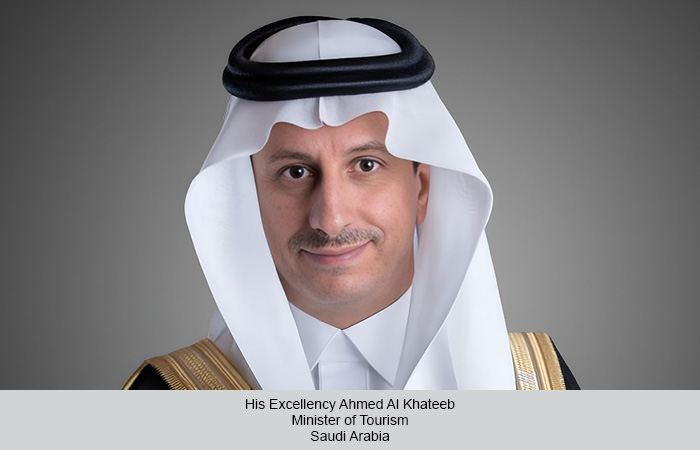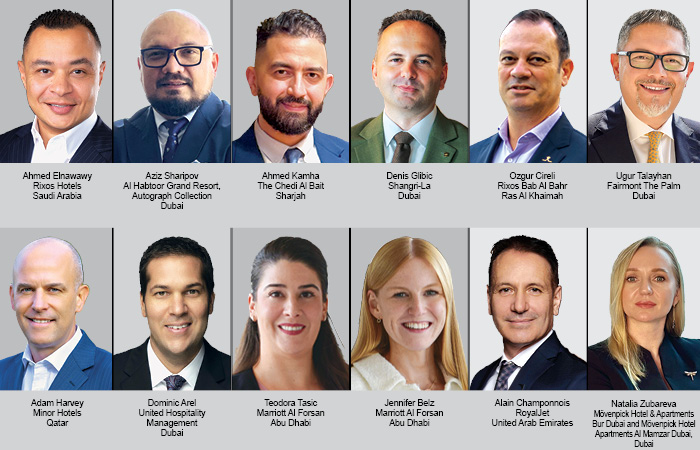Personalisation is the key to retain clients and attract potential ones. To meet customer expectations, agents need a shop window with everything available in one place together with rich content that will help the agent find the right product.
Travellers increasingly expect agents to offer personalised guidance and a unique hotel experience. They want to be treated as individuals and receive recommendations that reflect their own tastes and preferences.
Customers looking to book a hotel are faced with an overwhelming amount of options compared to booking a flight and their decisions are much more emotional and driven by personal preference, as the final choice is so integral to the enjoyment of the whole trip. Knowing as much as possible about a potential customer’s likes and dislikes means an agent can guide customers through all the relevant options — and relevancy is the key word. With such information they can send timely messages via the customer’s preferred channel — be it direct mail, social or email.
To meet customer expectations, agents need a shop window with everything available in one place together with rich content that will help the agent find the right product to recommend. Assets such as 360 degree video, strong imagery and customer reviews are key levers in decision-making. Leisure travellers ranked photos and price high as factors helping them make a hotel booking for a leisure break in a recent Sabre Twitter poll, compared to location for business travellers.
TMCs are specialists and keep their finger on the pulse of emerging travel trends – but the ‘secret sauce’ that delivers success is being able to deliver on these trends with the aid of technology.
Two key overlapping trends illustrate the importance of understanding the customer and tailoring recommendations — the rise of the ‘bleisure’ trip and the expectations millennials bring to their workplace and holidays.
Bleisure bookings are gaining ground as time-pressed business travellers look to extend work trips and explore surrounding leisure options. TMCs know the importance of large hotel chains in delivering a consistent, convenient and quality experience, but some business travellers want to stretch out and try boutique, tailored accommodation as well. The percentage of leisure trips with a business component jumped to 17 per cent last year, compared to 14 per cent in 2015, according to Travel Weekly’s 2016 Consumer Trends report.
Millennials blur their work/life boundaries and their behaviour has a growing impact on the hotel business — under 30s travel 4.7 times per year on business, versus 3.6 times per year among 30-45-year-olds, and 4.2 times per year among 46-65-year-olds. They also take more leisure trips, at 4.2 trips a year, versus 2.9 for 31-45 year olds and 3.2 for 46-65 year olds.
TMCs need to ‘get under the skin’ of this cohort — and don’t forget they make up a sizeable chunk of your own employees too, so understanding their likes and dislikes will be extremely helpful.
Travellers head to agents that offer the widest array of accommodation and can surface what they are looking for quickly and easily. The TMC that serves solutions at speed thanks to having a breadth of content in one place and an efficient workflow will satisfy the customer and also free up agents to be more productive, rather than tying them up searching in multiple places for a suitable hotel solution.
Booking everything within a single system also means no time is wasted adding passive bookings to the Passenger Name Record — and there is no risk of passenger information being lost. A corporate will be able to keep track of employees’ whereabouts and carry out its duty of care in case of a crisis.
All in all, TMCs that can meet emerging trends with fast, efficient and personalised services will stand out and differentiate from the competition.
Melissa Gay, Land and Sea Business Development – Manager, Sabre
(The views expressed are solely of the author. The publication may or may not subscribe to the same.)
 TravTalk Middle East Online Magazine
TravTalk Middle East Online Magazine





